Unearthing centuries-old mysteries
Unearthing centuries-old mysteries
Bestselling true crime author, podcaster and Moody College professor Kate Winkler Dawson brings true crime to the classroom
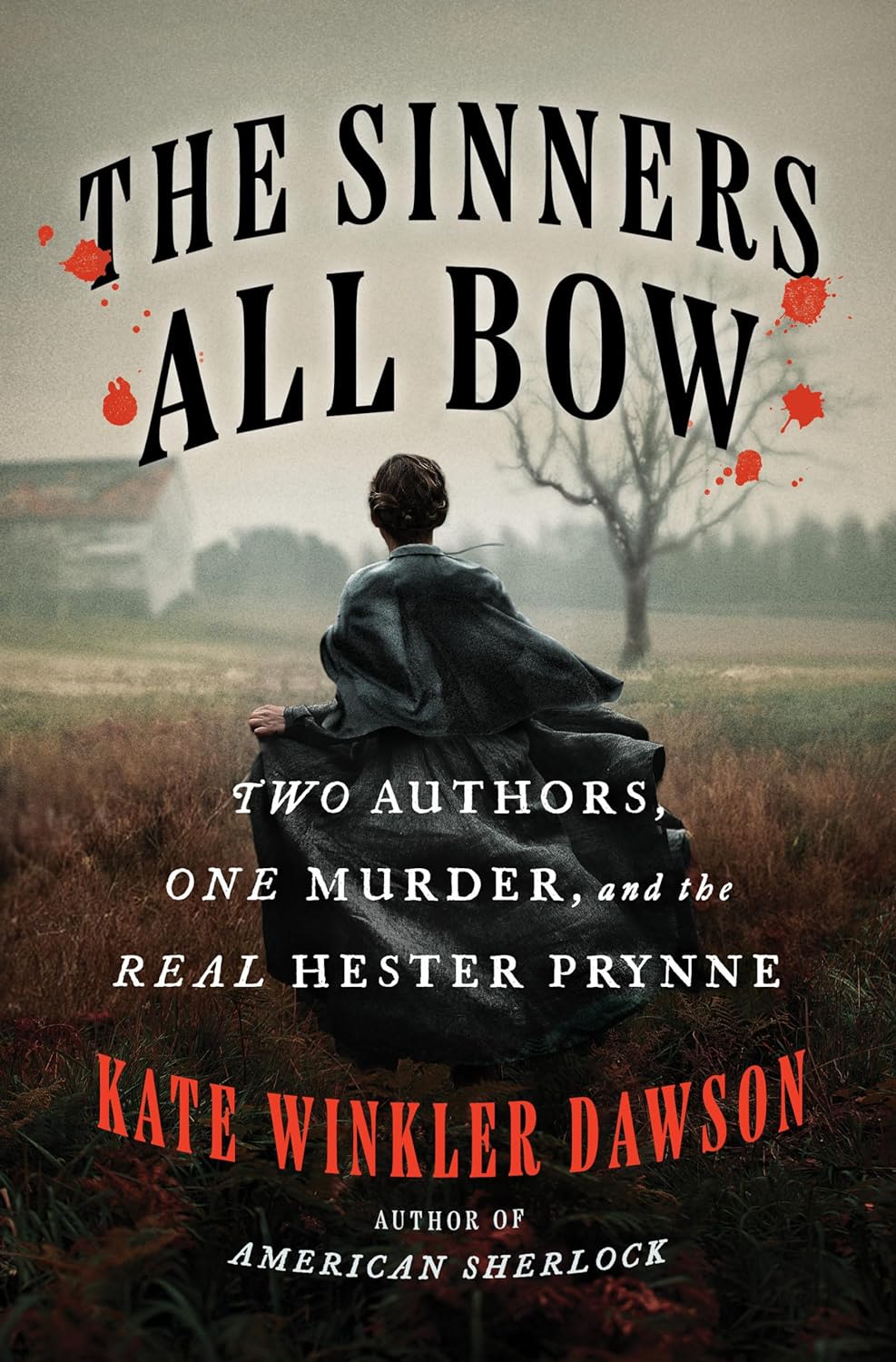
It’s hard to say what it is exactly that draws people to true crime stories. Today, they dominate bookshelves, streaming platforms and blogs. Some guess it’s a fascination with the darker elements of society. Some suggest it’s to learn how to stay safe in a dangerous world.
Kate Winkler Dawson, professor of practice in the Moody College of Communication’s School of Journalism and Media, thinks she knows why — everyone loves a puzzle.
Dawson revels in the chance to work out mysteries. After decades as a career journalist and broadcast reporter and years of watching true crime series to unwind, she began working on cases herself, writing several best-selling true crime books and hosting three top-charting true crime podcasts.
Establishing herself as an expert in the genre, she now teaches three courses at Moody College that explore storytelling, true crime or otherwise: True Crime Podcasts, News Documentaries and Creative Nonfiction Writing — all of which are known to fill up quickly. Students vie to get a seat.
This month, Dawson published her latest book, “The Sinners All Bow,” which tells the story of Sarah Maria Cornell, an estranged member of the Cornell University family, who was found dead hanging from a haystack in 1832. The book has already received wide acclaim, even landing on USA Top 150 Best-selling Booklist.
A “mill girl” she had traveled from town to town working on the mills that popped up during the Industrial Revolution. She became involved with the minister of a Massachusetts Methodist church. After becoming pregnant with his child, she began receiving a series of mysterious letters, beckoning her to come to a nearby farm. The next day, her body was discovered in the haystack.
“The big mystery is: what happens to Cornell?” Dawson said. “Did she take her own life? Did someone murder her?”
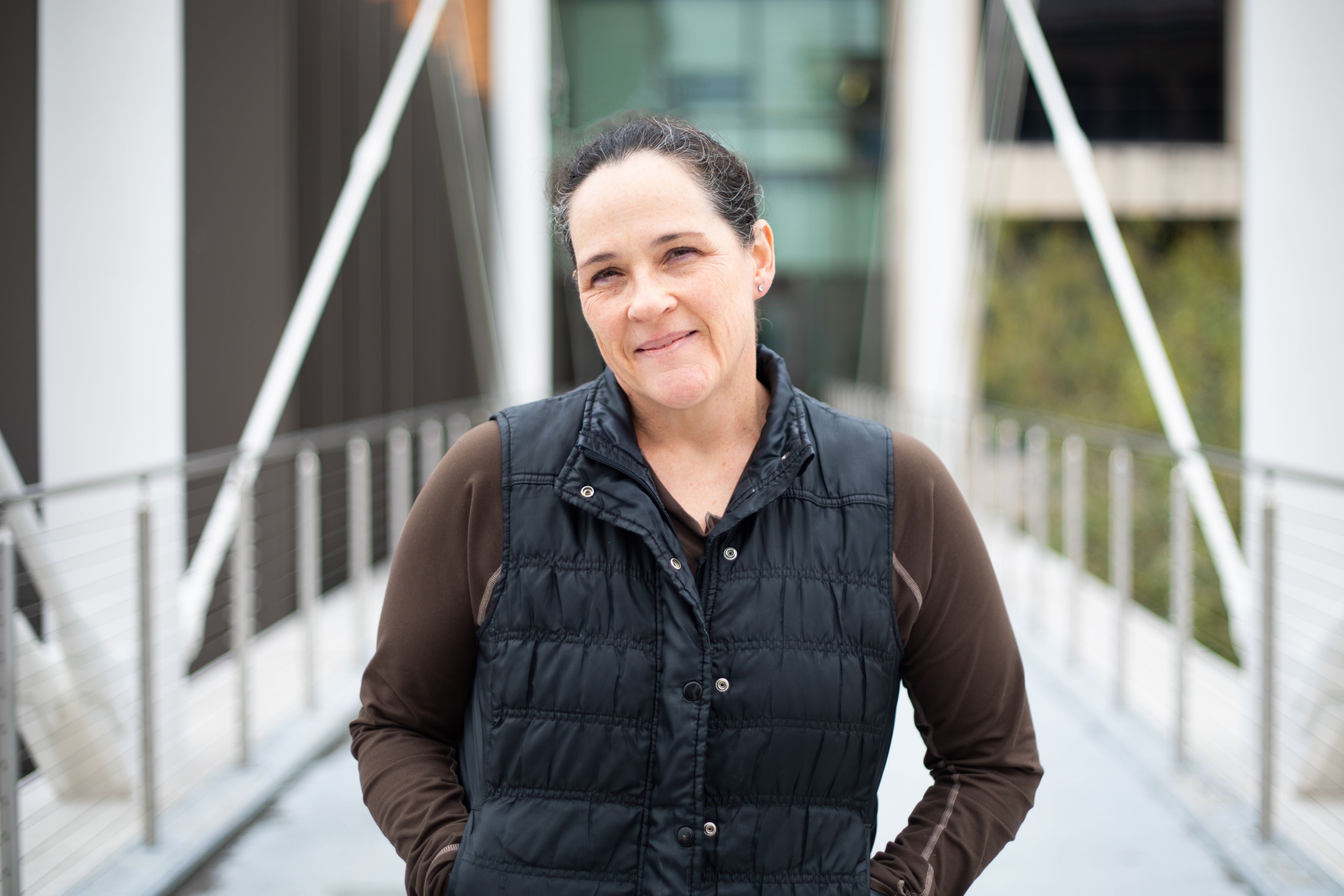
Like her previous three books, “Death in the Air,” “American Sherlock” and “All That is Wicked,” “The Sinners All Bow” centers on a historical case. It’s become her MO to avoid modern cases. She prefers to dig deep into the past and is often quoted saying “the deader the better” for a few reasons.
Current cases can feel overdone, Dawson said. It’s not unusual for the latest crimes to take over social media for weeks and become sensationalized. She also doesn’t enjoy having to pull information out of family members or survivors who still feel so close to the scene of the crime.
Instead, Dawson digs through old newspaper clippings and historical documents as sources in lieu of living eyewitnesses. While they typically provide her with a wealth of information, she admits the practice can sometimes lead to questions without answers. It’s rare to find an autopsy report from the 1800s.
“I have a finite amount of information available to me,” Dawson said. “It’s not like I can just pull things out of thin air like a novel.”
Despite these dead ends, Dawson still remains determined to avoid speculation at all costs.
“When you do stuff like that as a journalist, it raises red flags. I was there, comparing five different trial transcripts to what Williams says happened to find inconsistencies and trying to figure out why she was being inconsistent to begin with.”
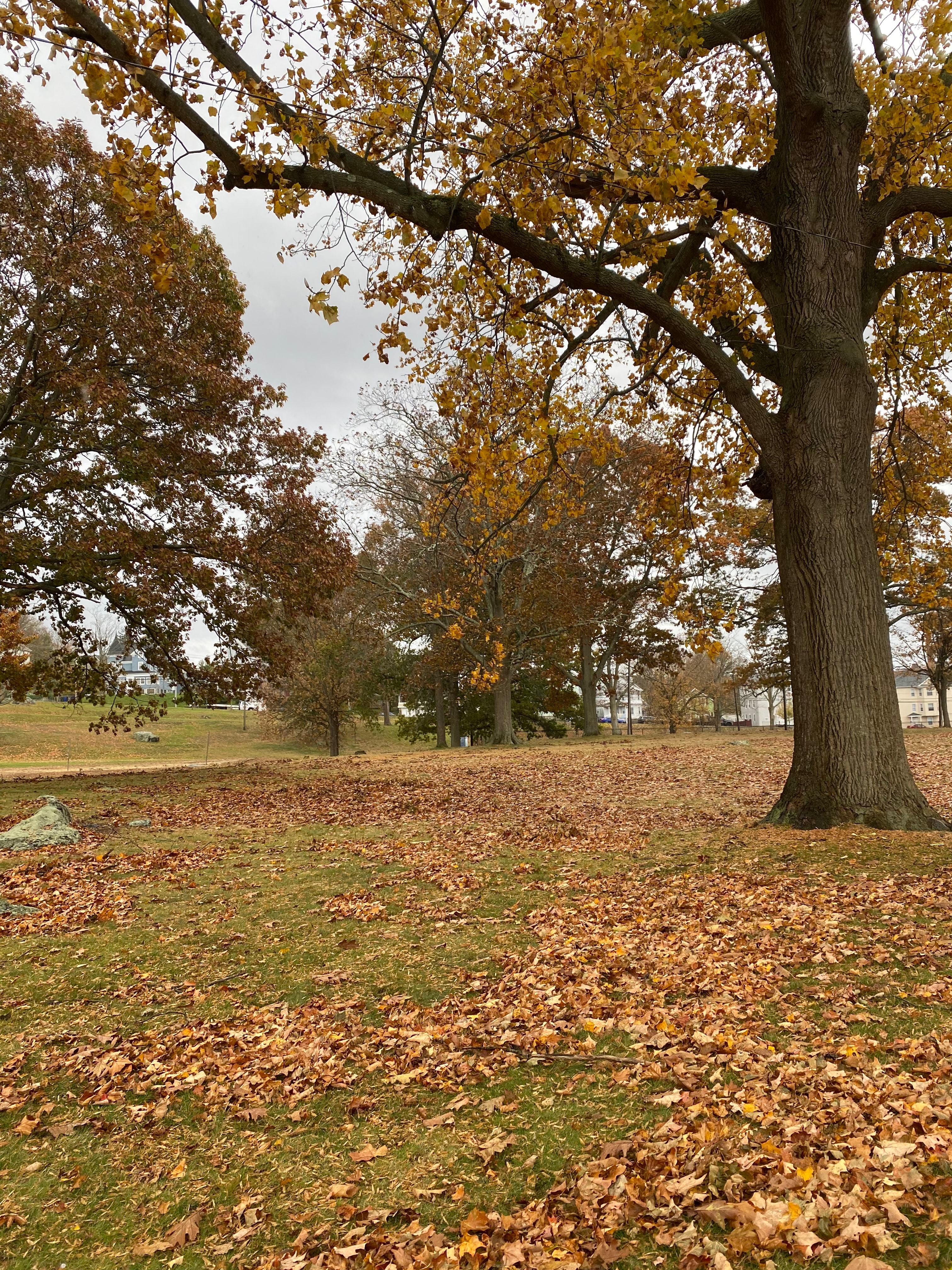
In researching “The Sinners All Bow,” Dawson relied on handwriting analysis and forensic knot experts to report on the case. She also took insights from a previous investigator, Catherine Williams, a poet and single mother from an affluent family in Rhode Island, who wrote a book about the Cornell case in 1833 — now widely regarded as the first true crime book ever written in America.
However, Dawson was careful not to take Williams’ work at face value. The book, she said, is riddled with inconsistencies. Williams had a habit of misrepresenting elements from Cornell’s past.
“When you do stuff like that as a journalist, it raises red flags,” Dawson said. “I was there, comparing five different trial transcripts to what Williams says happened to find inconsistencies and trying to figure out why she was being inconsistent to begin with.”
The importance of understanding your sources and their biases is just one of the few things that Dawson believes can be learned from true crime.
While doing research, Dawson discovered that Cornell’s story reaches far beyond the small town of Fall River, Massachusetts. Cornell’s life and death, as well as the religious rift it caused, became the inspiration for Nathaniel Hawthorne’s 1850’s novel “The Scarlet Letter.” Over a century later, “The Scarlet Letter” went on to influence Margaret Atwood’s dystopian novel “The Handmaid’s Tale.”
“You realize how much Cornell’s case influenced history,” Dawson said. “It’s all about religion and women’s rights.”
In Cornell’s story, Dawson saw a litany of issues that are still applicable today, from victim blaming to the lengths that a woman will go to secure support for her unborn child.
“You read the book about Sarah Cornell, and you think this is a story that could have happened today,” Dawson said. “Yes, she’s wearing a jacket from 1832. Yes, she traveled by foot because there’s no public transportation. But that sort of independent flair she had, I think is very translatable to what we see today.”
“I think true crime’s strength is that you can use it as a way to shine a light on corners of society and themes that we don’t feel comfortable talking about,” Dawson said. “It’s a way to draw people into science, to history, to religion.”
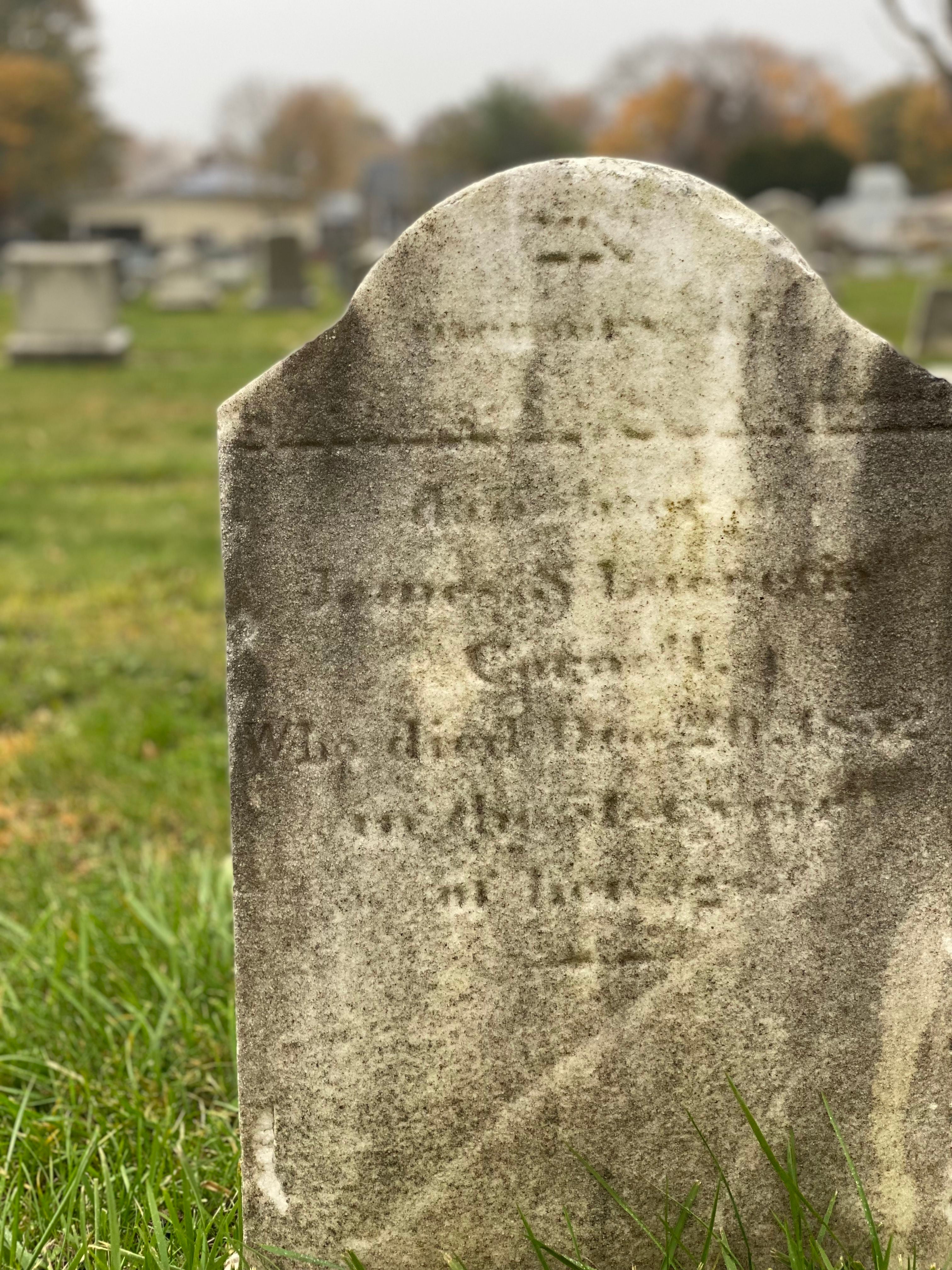
These stories are wrapped around parts of society that people shy away from such as domestic violence, financial ruin and mental health.
“I think true crime’s strength is that you can use it as a way to shine a light on corners of society and themes that we don’t feel comfortable talking about,” Dawson said. “It’s a way to draw people into science, to history, to religion.”
In 2020, Dawson discovered a new avenue for storytelling. After listening to a true crime podcast with 4 million downloads created by someone with no podcasting experience, she realized that podcast listeners were the perfect audience for her book. She used her knowledge from working in radio and pitched a documentary style podcast to several networks before landing with the podcasting company, Exactly Right. Her first podcast, “Tenfold More Wicked," which also focused on historical true crime cases, ran for 12 seasons.
“I think switching to podcasts was the most interesting decision I’ve ever made,” Dawson said. “That was really ground shifting for me because it’s become such a large part of my career. Even though I’ve had quite a lot of luck with writing books, podcasting propelled me to a national stage.”
With this change in medium, also comes a more intimate relationship with her audience than she’s used to. “You really are sitting with an audience,” Dawson said. “They get to know you, and that’s just not the case with anything I’ve ever done before. That’s what makes podcasting really powerful. I had to get used to it though.”
Despite the differences in audience, Dawson’s process for writing stories remains largely the same for “Tenfold more Wicked” and her other shows “Wicked Words” and “Buried Bones.” She’s guided by the narrative arc when writing about cases, deciding who the characters are and how they change. For these shows she also speaks to the descendants of the people involved in the cases.
“I think what’s difficult emotionally is when I work with families, and the families are still so invested in the story, and I can just feel the pain,” Dawson said. “It’s crazy to think about a story from 1832 that still affects families, but it’s a part of the tapestry of their family.”
"It's my favorite job I've ever had," Dawson said about being a professor. “There’s a sense of being able to stay engaged with young people, which I love. I think I am inspired by my students, and they have this energy that feeds me. I would miss it if I retired anytime soon.”
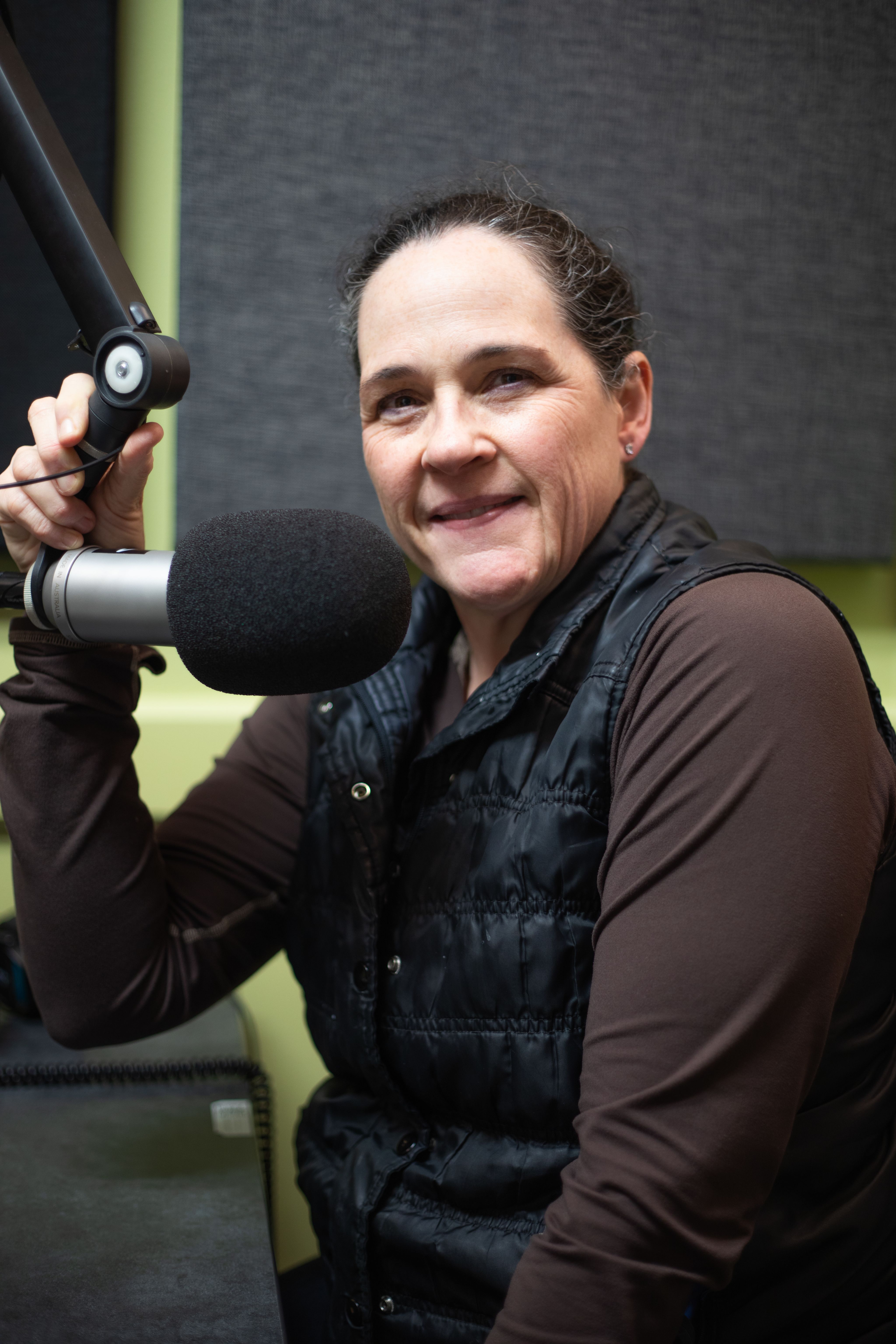
Dawson often finds these sources and relatively obscure cases while researching other stories. Now that she has her podcast audience, she gets suggestions by the dozen sent in by listeners that she keeps in a huge file to pull from.
While an accomplished author and podcaster, Dawson said her greatest passion today is her work at UT. After starting as an adjunct professor in 2006, she eventually became a full-time faculty member.
“It’s my favorite job that I’ve ever had,” Dawson said. “There’s a sense of being able to stay engaged with young people, which I love. I think I am inspired by my students, and they have this energy that feeds me. I would miss it if I retired anytime soon.”
Dawson understands how it feels to be a young writer. When she became interested in writing a book after working in journalism, she thought she’d focus on her love of history, and she pitched a lot of war stories. She faced a lot of rejection, until a friend of hers suggested writing about true crime. Working with limited information, as well as learning how to write books in general, was a huge learning curve after spending years writing short, simple sentences for news broadcasts. Dawson was terrified writing her first book, “Death in the Air.” She struggled to even pick the right adjectives, getting called out by her agent for writing a sentence about “gloomy trees” — he told her trees can’t be gloomy because they don’t have emotions. Eventually, she read enough good narrative nonfiction to pick up on the common threads of good writing.
“I always tell my journalism students, and I think all of the professors at UT do too, that if you want to be a good writer, you have to read good writing,” Dawson said. “There’s no other way to do it.”
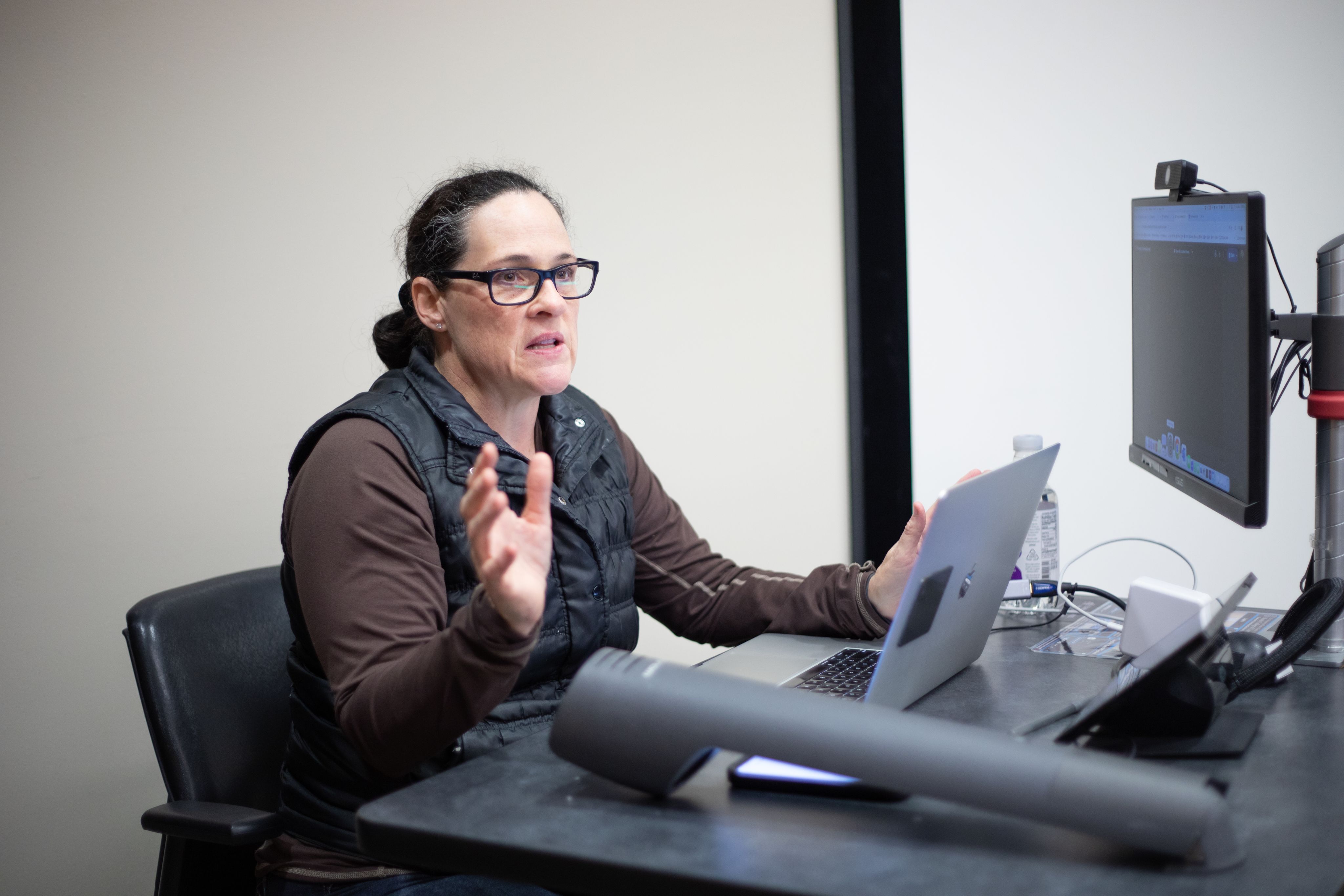
In her classes, Dawson focuses her efforts on storytelling. Regardless of your career, being able to communicate effectively is crucial. By the end of the semester, she promises her students that they will know how to tell a compelling story.
Miriam Belmonte, a journalism senior, has taken Dawson’s Creative Nonfiction class and was in her News Documentaries course. Both courses revolve around fleshing out one semester-long story, which Belmonte enjoys.
“In Professor Dawson’s class, students will grow to be better journalists by putting themselves out there and receiving the hands-on experience they’ll need for the future,” Belmonte said. “It might be a bit intimidating knowing that your course grade depends on one project, but Professor Dawson is there every step of the way.”
The students in her true crime podcast class also learn how to be ethical and responsible listeners of true crime. She spends much of the class debating the merits of different journalists and the careful balance between entertainment and information in the genre.
“I think the biggest takeaway is that these are real people,” Dawson said. “You might like true crime for entertainment, and that’s fine, but we’re talking about the deaths of real people with real families and lots of pain. We need to treat these people with respect.”
With her new book now on the shelves, Dawson said her next venture is a mystery thriller novel and her first foray into fiction writing — presenting another huge learning curve.
“It’s a totally different way of thinking about how to write a story,” Dawson said. “But I like a challenge, and I feel like I can do it, so that’s where I’m headed.”

